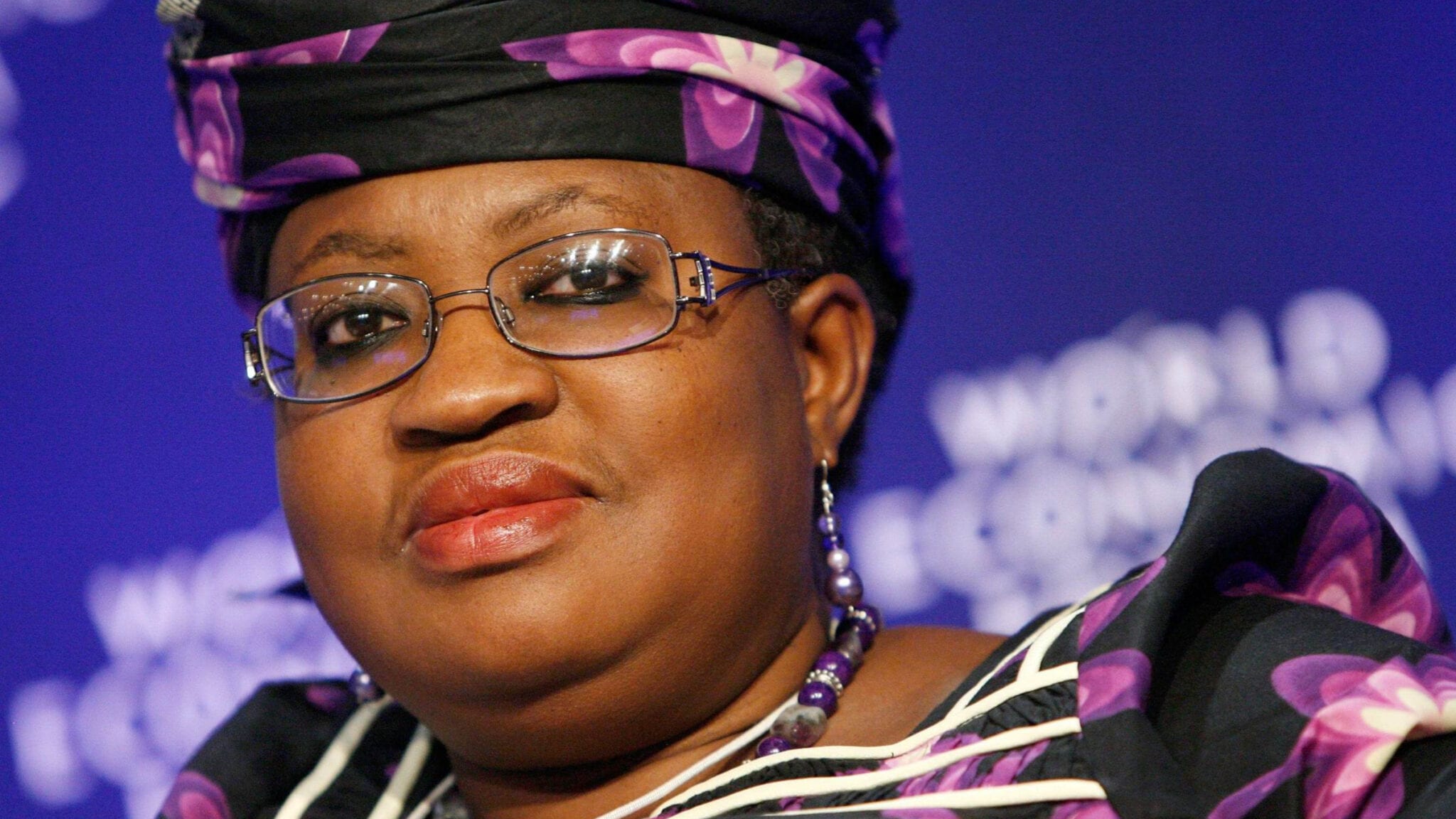
Ngozi Okonjo-Iweala, Director general of WTO (AP Photo/Keystone/Alessandro Della Bella)
Opinion: Waiving Covid-19 vaccine IP could save lives, but where is the manufacturing capacity?
Droves of House Democrats in Washington and members of the European Parliament have now glommed onto a major push by India and South Africa at …
Sign up to read this article for free.
Get free access to a limited number of articles, plus choose newsletters to get straight to your inbox.